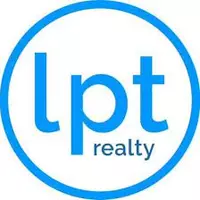

Renting vs. Buying a Home in 2025: What Makes More Sense?
In 2025, the perennial debate of whether to rent or buy a home is more relevant than ever. With fluctuating housing markets, evolving lifestyles, and rising interest rates, the decision hinges on a combination of financial, personal, and market factors. Here’s a breakdown to help you navigate this
Read More

Is a Cash Offer Right for Your Home?
What Is a Cash Offer? A cash offer means the buyer has the funds available to purchase your home outright without needing a mortgage or other financing. These offers often come from individual buyers, investors, or companies specializing in real estate purchases. Because there’s no need for loan ap
Read More

The Senior Talk: How to Discuss Aging with Your Parents
As our parents age, we find ourselves in a delicate role reversal: becoming caregivers and decision-makers for those who once cared for us. One of the most crucial steps in this journey is having the "senior talk"—a conversation about their future needs, preferences, and plans for aging. This discus
Read More

Comprehensive Guide to Estate Planning in 2025
Estate planning is an essential process to ensure your assets and loved ones are cared for after your passing. In 2025, evolving technologies, laws, and family dynamics make it crucial to stay updated on best practices. This guide provides a step-by-step overview to help you navigate estate plannin
Read More

